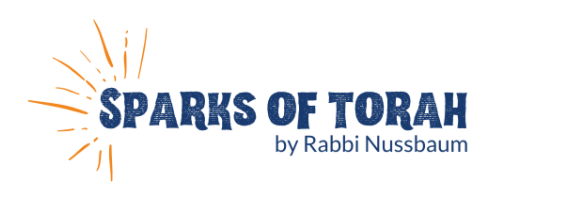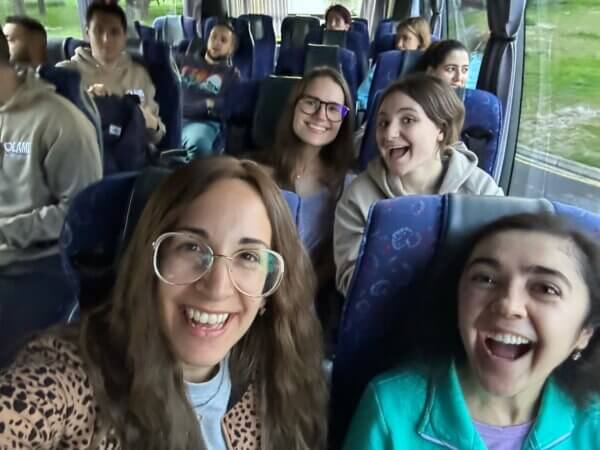by Rabbi Nussbaum
VOLUME 97 NUMBER 8
September 11, 2020
ELUL 22, 5780
PARSHAS NITZAVIM-VAYELECH
Candlelighting Time 6:58 PM
The Torah expresses concern that perhaps out of the hundreds of thousands of our nation there will be the one individual whose loyalty lies with those who serve idols. Lest one would think that we would be held accountable for his actions, the Torah clearly states that we are not responsible for the hidden actions of others. Rather Hashem will deal with the renegade member of our nation. However, we are beholden to worry about the visible conduct of our fellow man. As a result, we have an obligation to assist others and guide them, if necessary, to fulfilling the mitzvos and Torah study. Although we received the Torah very soon after we left the bondage of Egypt, this new concept of responsibility for our fellow man was only mandated after we entered in to Israel and pronounced the blessings and curses on the two mountain tops. At that juncture, we became interconnected and required to help others maximize their abilities and achieve as much as possible in their service to Hashem.
However, it is somewhat puzzling why indeed were we not held responsible when we received the Torah on Mt. Sinai? After all, at that time we were obligated to keep all the mitzvos and it would seem appropriate that we should additionally help our fellow man. Furthermore, why was the declaration of the blessings and curses so central to our interconnection with others?
The ceremony on the two mountain tops was not just symbolic, the participation of the entire nation served to bond us together as an inseparable unit. The last blessing/curse is all inclusive, concerning our focus and acceptance to perform all the mitzvos and to ensure that the entire Torah is upheld and maintained!
The Shaloh Hakadosh, an early 17th century mystic captures the essence of the covenant established in this week’s parsha predicated upon the blessings and curses that were to be pronounced upon the two mountains when they crossed the Jordan river leading in to Israel. Although we may number even in the millions, however, our Sages group us as one solid body. Even though we may physically resemble different and contrasting people, at the core, we are one indivisible ‘body’ governed by the Torah, orchestrated and guided by Hashem.
Nachmonides understands that the blessing to insure sustaining Torah demands that when we have the opportunity to advance fulfillment of the mitzvos, then we must do so. Rabbeinu Bachya explains further that this blessings requires that we must first be convinced of the total validity of each and every mitzvah and that we benefit both in a corporal fashion and internally on the spiritual plane when we adhere to the mitzvos of the Torah. Only then, can we successfully and honestly detect the needs of others and provide them with the means at our disposal to insure that others will indeed emulate those who observe the Torah!
However, the Shaloh reminds us that we must not forget the individual and simply look at our nation only collectively due to our responsibility towards others. Rather, each and every person’s own development and input in to the evolution of the nation’s enhancement must be noted and appreciated. Therefore, as we approach Rosh Hashanah it is important and vital that we recognize the significance of our respective communities and additionally our critical participation to improve the status of our communities and in doing so merit another year of success and the best of health.
BYTE FOR SHABBOS
The mitzvah to write a sefer Torah follows after the warning that Hashem will turn His face away from us, ignore us, if we do no heed the Torah. This indicates that even in the darkest of times, the Torah will serve as a beacon, guiding us through our difficulties.
CHOFETZ CHAIM
GOOD SHABBOS



